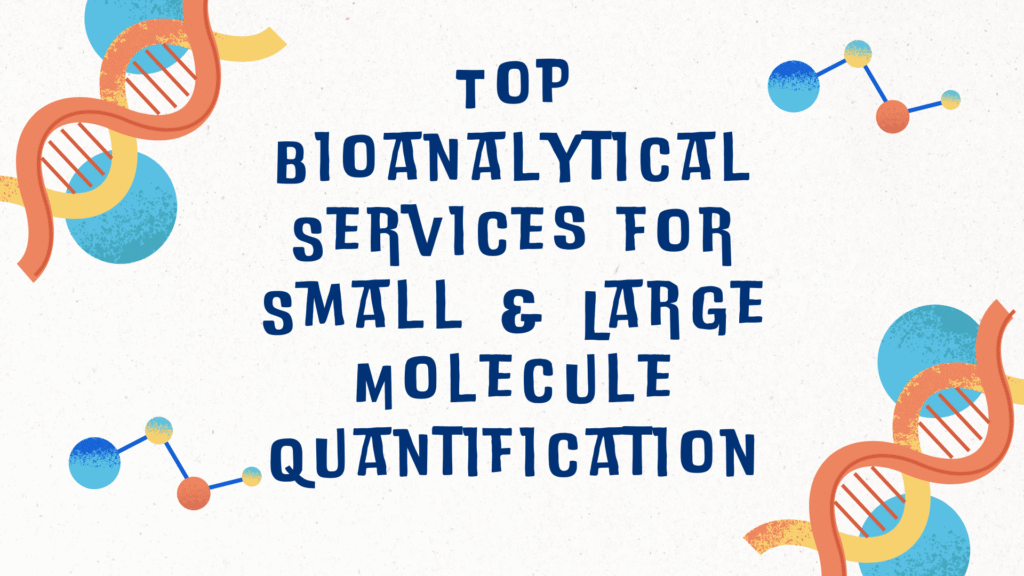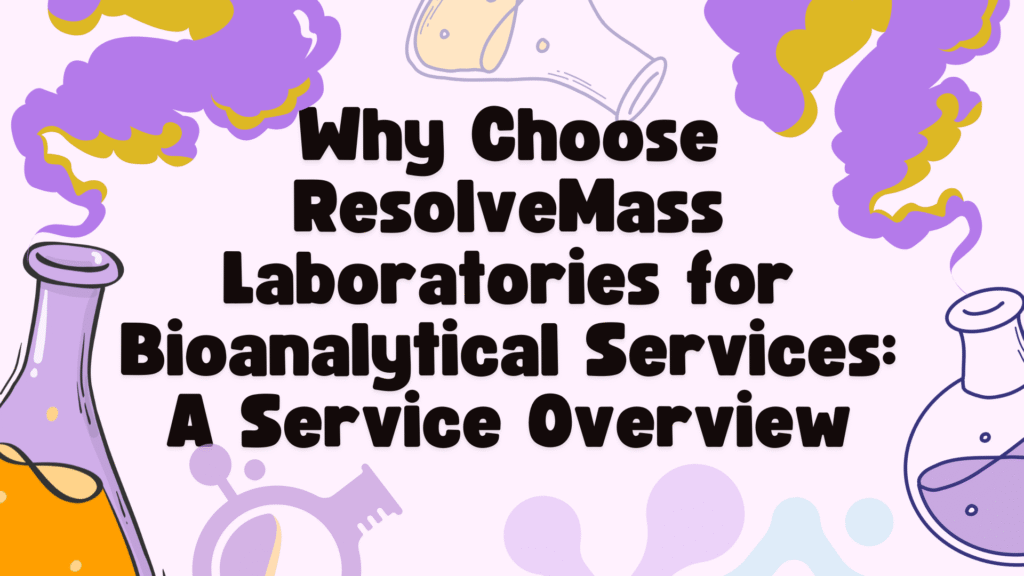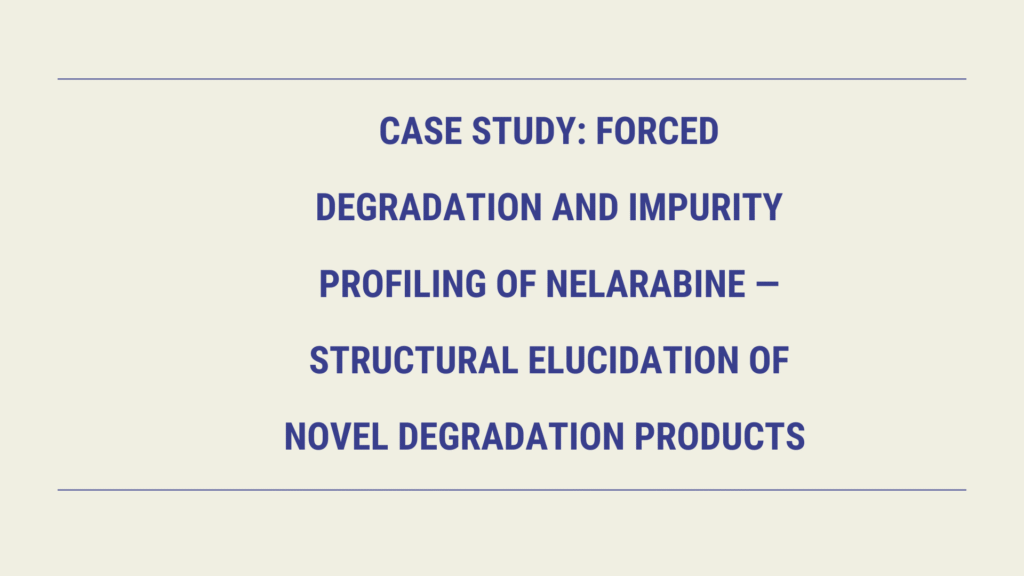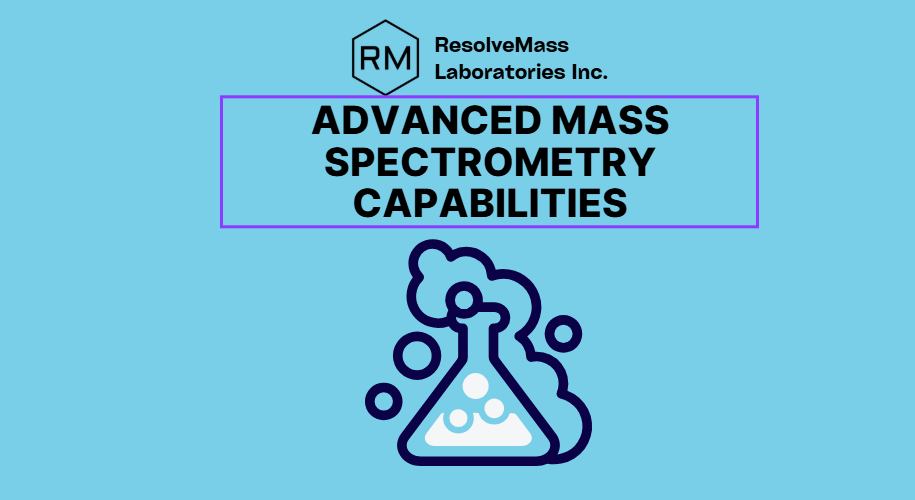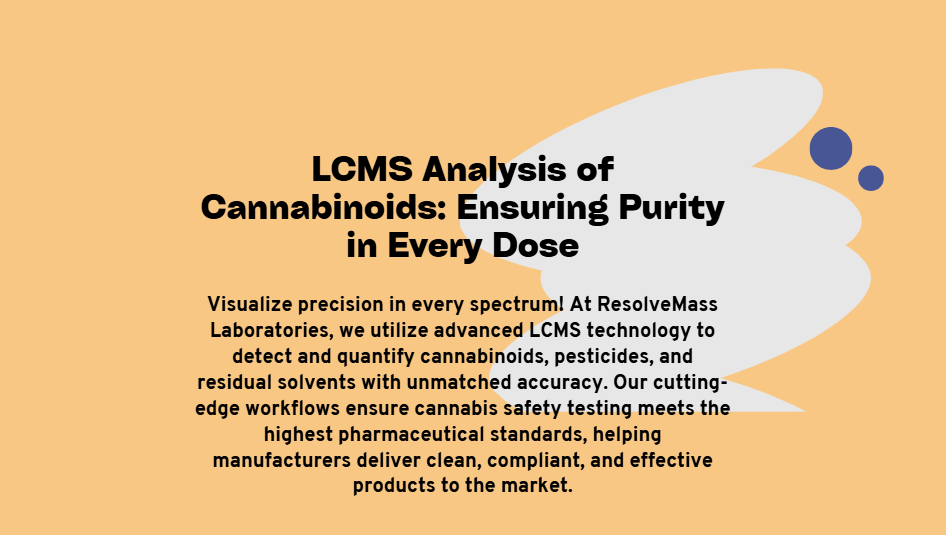
As the global cannabis industry rapidly expands, so does the need for rigorous and reliable testing methodologies to ensure product safety, efficacy, and regulatory compliance. From medical applications to wellness products and recreational use, cannabis must undergo stringent quality control. One of the most advanced and trusted techniques in analytical chemistry—Liquid Chromatography-Mass Spectrometry (LCMS)—is now at the forefront of cannabis safety testing. LCMS analysis of cannabinoids offers unmatched sensitivity and specificity in detecting pesticides, residual solvents, heavy metals, and cannabinoid profiles, making it indispensable in both research and commercial production settings.
In this comprehensive guide, we will explore why LCMS is considered the gold standard for cannabis analysis, focusing on its applications in detecting pesticides, identifying residual solvents, and profiling cannabinoids. We’ll also discuss regulatory requirements, technological advantages, and real-world examples that demonstrate the significance of LCMS in the cannabis space.
Understanding LCMS: The Basics
LCMS is a hybrid analytical technique that combines the separation power of liquid chromatography (LC) with the detection precision of mass spectrometry (MS). In LC, the sample is separated based on its interaction with the stationary and mobile phases. This separation is crucial for resolving complex mixtures such as cannabis extracts. MS then ionizes these separated molecules and detects them based on their mass-to-charge (m/z) ratios, providing detailed molecular information.
The result is a high-resolution, highly sensitive analytical platform that can detect trace levels of contaminants and identify structurally similar compounds with high confidence.
Key Components of LCMS Systems:
- Liquid Chromatograph: Separates sample components
- Ion Source: Converts molecules into ions (e.g., Electrospray Ionization)
- Mass Analyzer: Detects and quantifies the ions
- Data System: Interprets mass spectra for qualitative and quantitative results
The Need for Accurate Testing in Cannabis
Cannabis is a bioaccumulator, meaning it absorbs compounds from its environment—including pesticides, heavy metals, and solvents used during extraction. These contaminants can pose serious health risks, especially for medical users. In addition, cannabinoids like THC, CBD, CBN, and others must be accurately profiled to determine product potency and therapeutic value.
With global regulators such as the U.S. FDA, Health Canada, and EU authorities demanding precise safety data, LCMS has emerged as the preferred technique for ensuring cannabis products meet safety and quality standards.
Common Contaminants in Cannabis:
- Pesticides: Myclobutanil, bifenthrin, imidacloprid
- Residual Solvents: Butane, propane, ethanol
- Heavy Metals: Lead, arsenic, cadmium, mercury
- Microbials: Bacteria and mold (often tested via other platforms but can be indirectly assessed with LCMS in metabolomics studies)
Cannabinoids of Interest:
- Tetrahydrocannabinol (THC)
- Cannabidiol (CBD)
- Cannabinol (CBN)
- Cannabigerol (CBG)
Why LCMS for Cannabis Testing?
1. Ultra-Sensitive Detection
LCMS can detect parts-per-trillion (ppt) levels of contaminants, making it ideal for detecting trace levels of pesticides or solvents.
2. Broad Analyte Range
Unlike GC-MS, which requires volatile or derivatized compounds, LCMS can analyze non-volatile, thermally labile, and polar compounds—a common characteristic of many cannabinoids and pesticide residues.
3. Faster Throughput
With high-resolution separation and simultaneous multi-analyte detection, LCMS can test dozens of compounds in a single run, improving lab efficiency.
4. Regulatory Compliance
LCMS methods are validated in alignment with ICH Q2(R1) and USP <1225> guidelines for accuracy, specificity, linearity, and precision, ensuring regulatory acceptability.
5. Structural Elucidation
LCMS/MS allows for tandem mass spectrometry, enabling fragmentation of molecules to confirm compound identity.
LCMS in Pesticide Detection
Overview
Pesticides used in cannabis cultivation vary globally, and many are not registered for use on cannabis crops. Chronic exposure to these can cause liver toxicity, endocrine disruption, and neurotoxicity.
LCMS is capable of screening more than 100 pesticides in a single assay using selective reaction monitoring (SRM) or multiple reaction monitoring (MRM) modes.
Method Development
- Sample Prep: QuEChERS or Solid Phase Extraction (SPE)
- LC Conditions: C18 column, gradient elution
- MS Detection: MRM mode for targeted quantification
Common Pesticides Detected
- Spinosad
- Pyrethrins
- Acequinocyl
- Abamectin
Reference:
- Wang et al. 2022, “Application of LC-MS/MS in multi-residue pesticide analysis,”
LCMS for Residual Solvent Analysis
Background
Solvents such as butane, ethanol, acetone, and hexane are commonly used in cannabis extraction. Incomplete purging leaves behind residual solvents that can be harmful when inhaled or ingested.
While GC-MS is commonly used, LCMS has advantages when analyzing polar solvents or when solvent mixtures interfere with GC analysis.
LCMS Advantages:
- No need for derivatization
- Detects non-volatile solvent impurities
- Suitable for polar solvent systems
Cannabinoid Profiling via LCMS Analysis of Cannabinoids
Objective
Accurate quantification of THC, CBD, CBN, and other minor cannabinoids is critical for labeling and therapeutic claims.
LCMS offers high specificity, allowing for separation and quantification of acidic forms (e.g., THCA, CBDA) without decarboxylation—a challenge for GC-based methods.
Methodology
- Sample Prep: Dilution and filtration
- LC Conditions: Reversed-phase column, formic acid-modified mobile phase
- MS Mode: Positive ion electrospray ionization
Reference:
- Gul et al. 2021, “Cannabinoid quantification using LC-MS in cannabis products,”
Regulatory Landscape for Cannabis Testing
Different jurisdictions have varied requirements for testing. In the U.S., states like California and Oregon mandate testing for 66+ pesticides, 4 heavy metals, residual solvents, terpenes, and cannabinoid potency.
International Standards
- EU Pharmacopoeia
- US Pharmacopeia (USP)
- Health Canada Guidelines
LCMS methods are often validated in line with international standards, providing confidence in cross-border product distribution.
Case Study: Cannabis Safety Testing at ResolveMass Laboratories
Services Offered:
- LCMS/MS for multi-pesticide screening
- Residual solvent analysis
- Cannabinoid potency profiling
- Terpene fingerprinting
- Custom method development
ResolveMass Laboratories’ validated LCMS protocols ensure that cannabis products are compliant with regulatory standards while offering batch-to-batch reproducibility and traceable documentation for every analysis.
Future Trends in LCMS Analysis of Cannabinoids
1. High-Resolution Mass Spectrometry (HRMS)
Enhances untargeted screening of unknowns and novel synthetic cannabinoids.
2. AI and Machine Learning
Used to predict unknown impurities or contamination sources based on historical LCMS datasets.
3. Miniaturized LCMS Systems
Portable LCMS instruments may enable in-field cannabis screening in the near future.
REFERENCES
- Taylor A, Birkett JW. Pesticides in cannabis: A review of analytical and toxicological considerations. Drug testing and analysis. 2020 Feb;12(2):180-90.
- Atapattu SN, Johnson KR. Pesticide analysis in cannabis products. Journal of Chromatography A. 2020 Feb 8;1612:460656.
- Zweigenbaum J, Pierri A. Marihuana safety: potency of cannabinoids, pesticide residues, and mycotoxin in one analysis by LC/MS/MS. InComprehensive Analytical Chemistry 2020 Jan 1 (Vol. 90, pp. 339-366). Elsevier.
- Goldman S, Bramante J, Vrdoljak G, Guo W, Wang Y, Marjanovic O, Orlowicz S, Di Lorenzo R, Noestheden M. The analytical landscape of cannabis compliance testing. Journal of Liquid Chromatography & Related Technologies. 2021 Jun 15;44(9-10):403-20.
The Role of Extractables and Leachables (E&L) in Carcinogenicity Risk
Introduction Extractables and Leachables Carcinogenicity Testing plays a vital role in protecting patients who rely…
Case Study: Forced Degradation Study of Gimeracil — Discovery and Structure Elucidation of Novel Impurities
Introduction Forced degradation studies are a cornerstone of modern pharmaceutical development, enabling scientists to intentionally…
Affordable Bioanalytical Services for Start-Up Biotech: What to Expect
INTRODUCTION Affordable bioanalytical services for start-up biotech companies provide the essential analytical support needed to…
Top Bioanalytical Services for Small & Large Molecule Quantification
Introduction Bioanalytical services for small & large molecule quantification are essential for ensuring precision, sensitivity,…
Why Choose ResolveMass Laboratories for Bioanalytical Services: A Service Overview
INTRODUCTION The short answer is: clients choose ResolveMass because this ResolveMass Bioanalytical Services Overview demonstrates…
Case Study: Forced Degradation and Impurity Profiling of Nelarabine — Structural Elucidation of Novel Degradation Products
Introduction: The Critical Role of Forced Degradation in Defining Nelarabine Stability Forced degradation testing continues…



